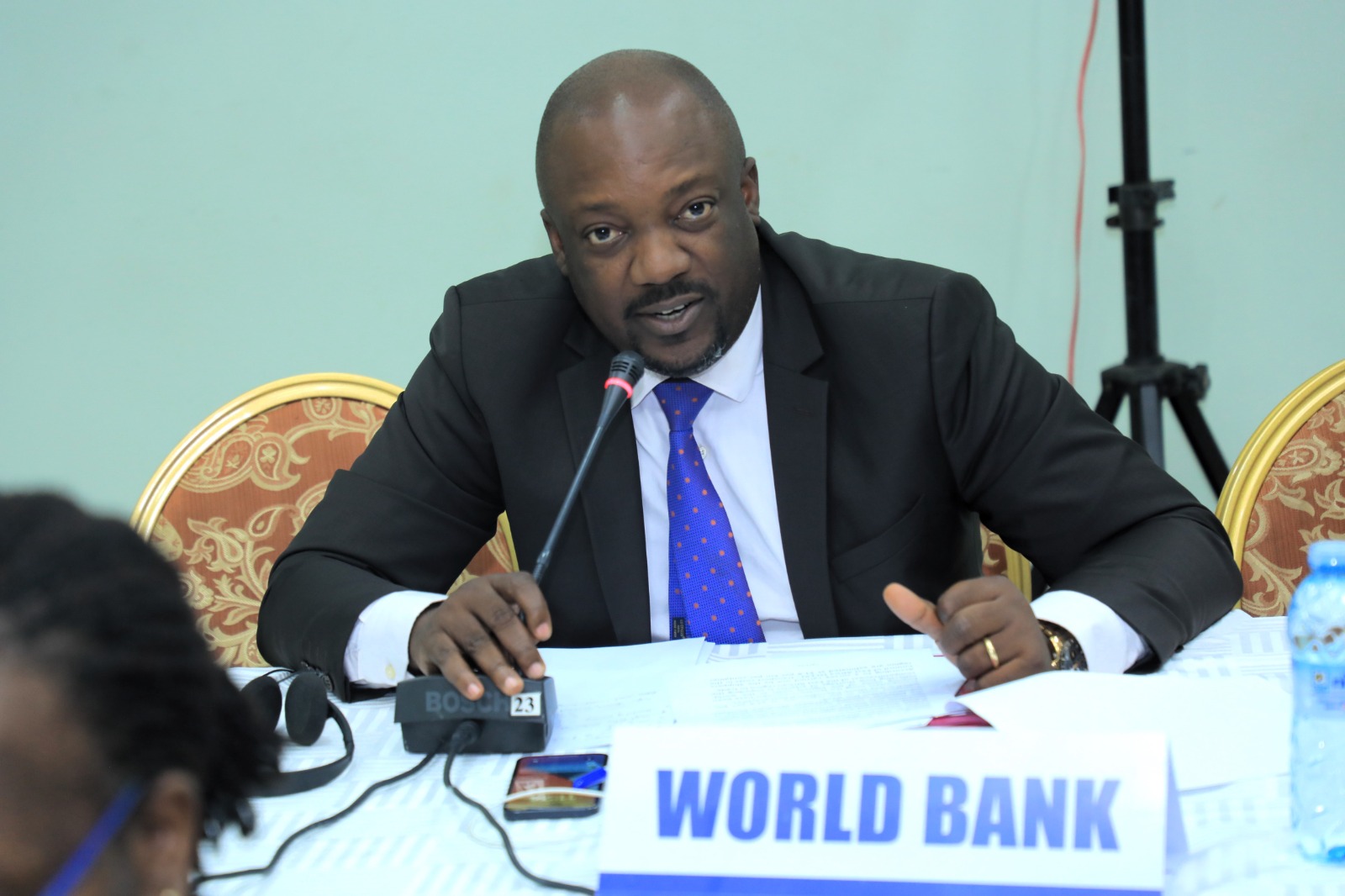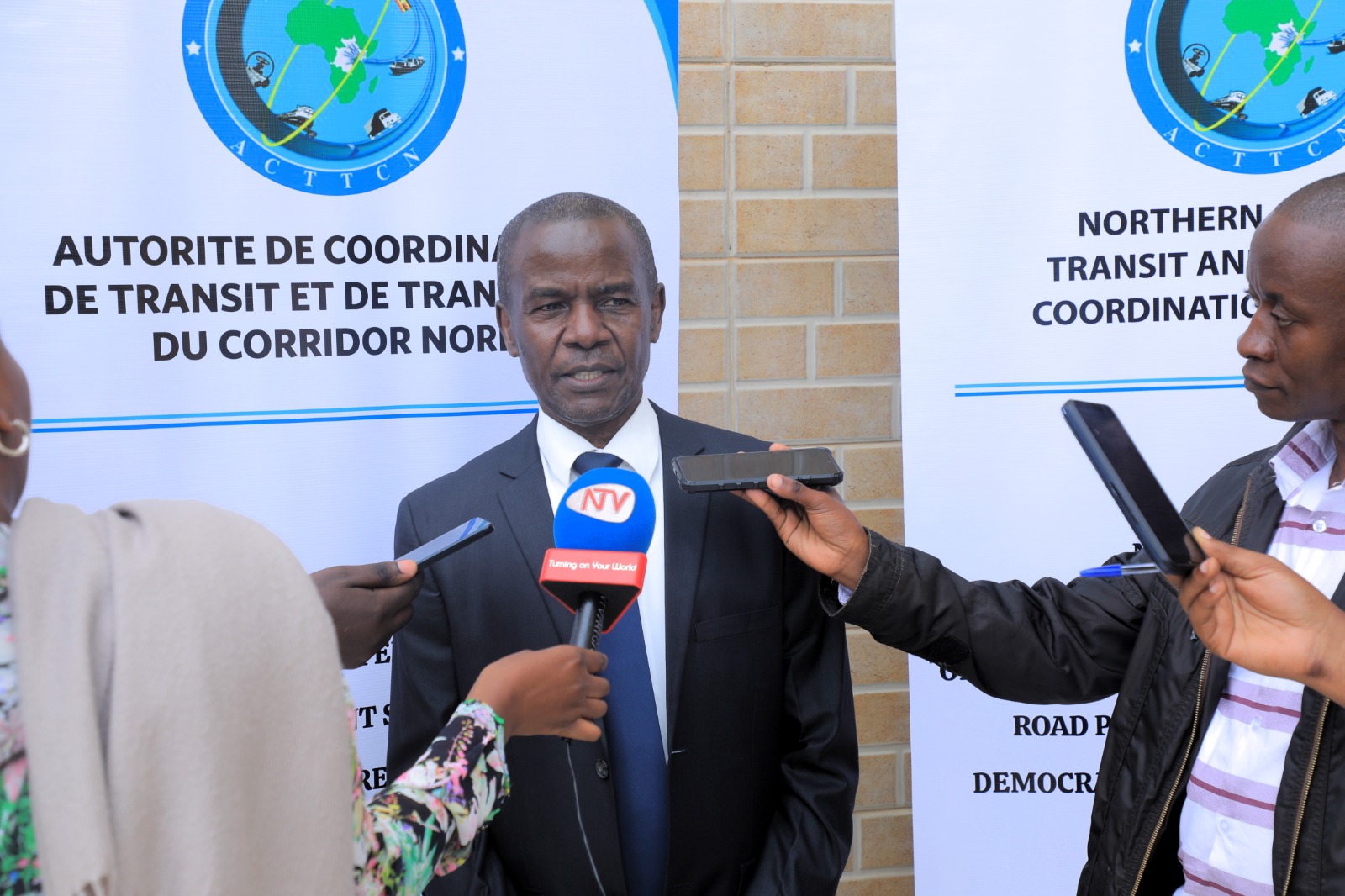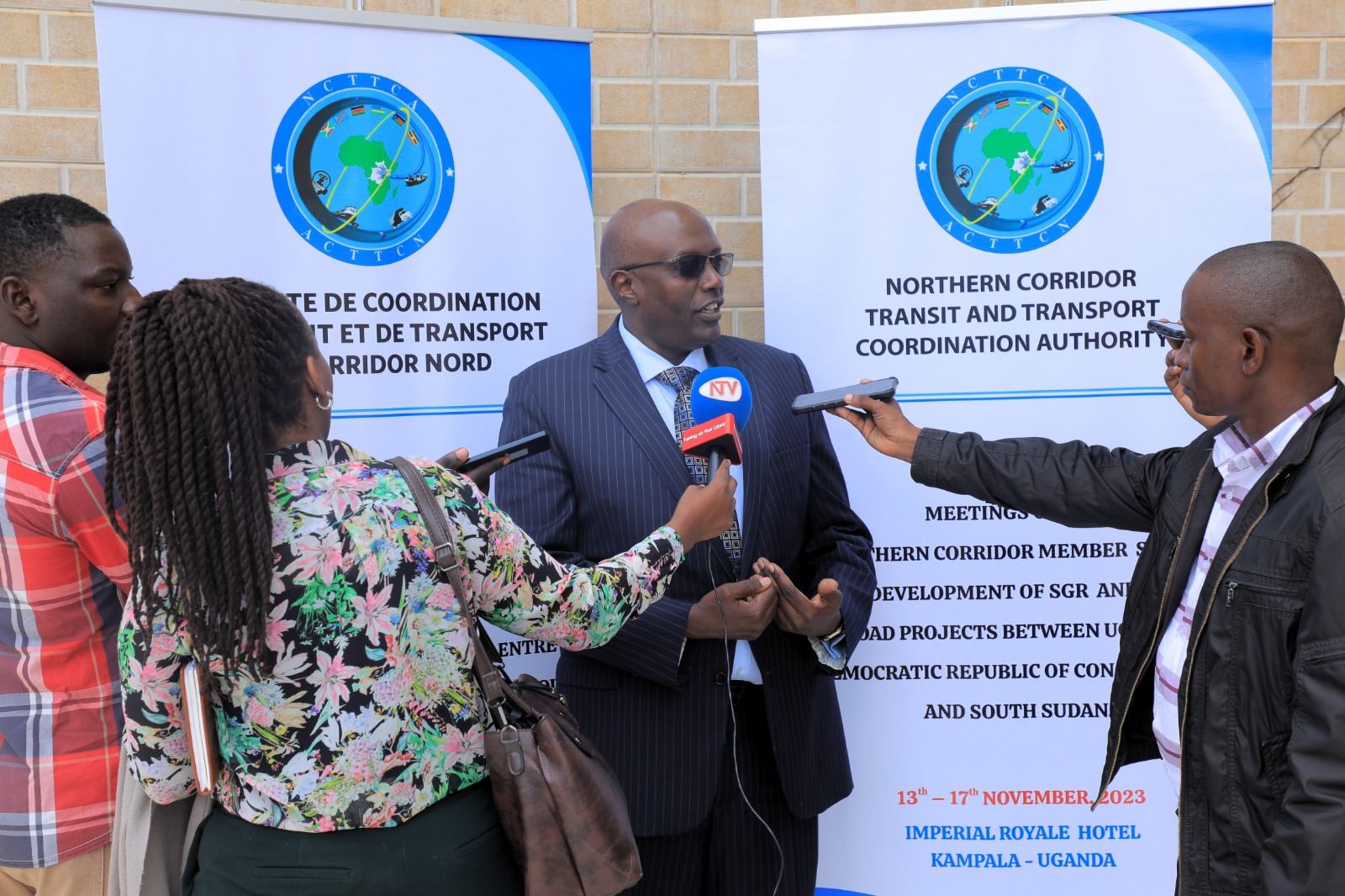
Uganda hosts regional conference to fast Standard Gauge Railway, Mbarara-Kisangani road projects
Uganda and other East African countries have been urged to harmonise their policies so as to fast track the implementation of the Standard Gauge Railway (SGR) and other infrastructure projects.
Speaking during a meeting to discuss the implementation of the Northern Corridor Transit and Transport Agreement (NCTTA) in Kampala yesterday, Mr Ivan Emmanuel Mwondha, a senior transport specialist at World Bank, said the high cost of transportation in the East African region is a hindrance to economic development.
“At World Bank we have established that the cost of transportation on the Northern Corridor is about 1.8$ per kilometre per tonne, which is about 8 percent above the international average. This means our economic system is inefficient,” he said.
“We have noticed that East Africa is now trading more with the Eastern Asia. That means that the Northern Corridor becomes a more pertinent route for integration,” he added.
Mr Mwondha also emphasised that the potential GDP contribution for the Lake Victoria basin could be up to about $60 billion per annum through commodity trade “if we improve the connectivity across the lake.”
Officials from Kenya, Burundi, the Democratic Republic of Congo, Rwanda, Uganda and South Sudan are in Kampala for a five-day discussion on how they will implement NCTTA, which seeks to facilitate transit cargo between the Kenyan port of Mombasa and the Member States.
The project includes the construction of the SGR railway, oil pipeline, inland waterways and inland container depots and several interconnecting roads.
Canon Perez Wamburu, the SGR project coordinator, stressed that Uganda and Kenya officials will meet to harmonise standards, interconnectivity and interoperability of the railways project.
He revealed that Uganda is about to start construction of the SGR to link up with Kenya.
“What is going on right now is we are in the process of procuring a contractor. I am happen to mention the contractor called Yapi Merkezi from Turkey. In a few months’ time, we shall sign a contract with them after we have done negotiations, which is going to be next week,” he said.

“And we hope we hope that early next year, maybe in this first quarter of next year, we should be able to stand the actual construction of the standard gauge railway to join to join with the one coming from Kenya,” he added.
Canon Wamburu also revealed that Kenya has acquired funding from China to move the railroad the standard gauge railway line from Naivasha to Malaba.
“And that is where we are also connecting,” he said.
State Minister for Transport Fred Byamukama who opened the meeting said the government of Uganda is committed to providing the needed funds and technical funds to support the regional infrastructure flagship projects.
He urged the technical officials to lay strategies for the effective implementation of the projects. The minister further hailed Kenya for taking the lead with SGR.
“Heads of state expect us to fast track the implementation of such projects, I, therefore, urge this meeting to come up with smart plans and strategies with clear timelines going forward for countries to reap from the integration of the Northern Corridor,” he said.
The Minister for Roads and Bridges in South Sudan, Mr Simon Mijok Mijak, also said as a landlocked country, they are eager for the Northern Corridor project to become a reality so that they can effectively link up with the rest of the EAC in terms of trade.

Ambassador Richard Kabonero, Amb. Richard Kabonero, the National Coordinator of Northern Corridor Integration Projects (NCIPs), said the meeting is intended to improve coordination among member states.
“So we bring together the partner states of the Northern Corridor to deliberate particularly on three things; the framework is a railway, the roads, and the inland waterways. If we integrate all these projects, and we improve coordination, it will reduce our transport costs,” he said.





